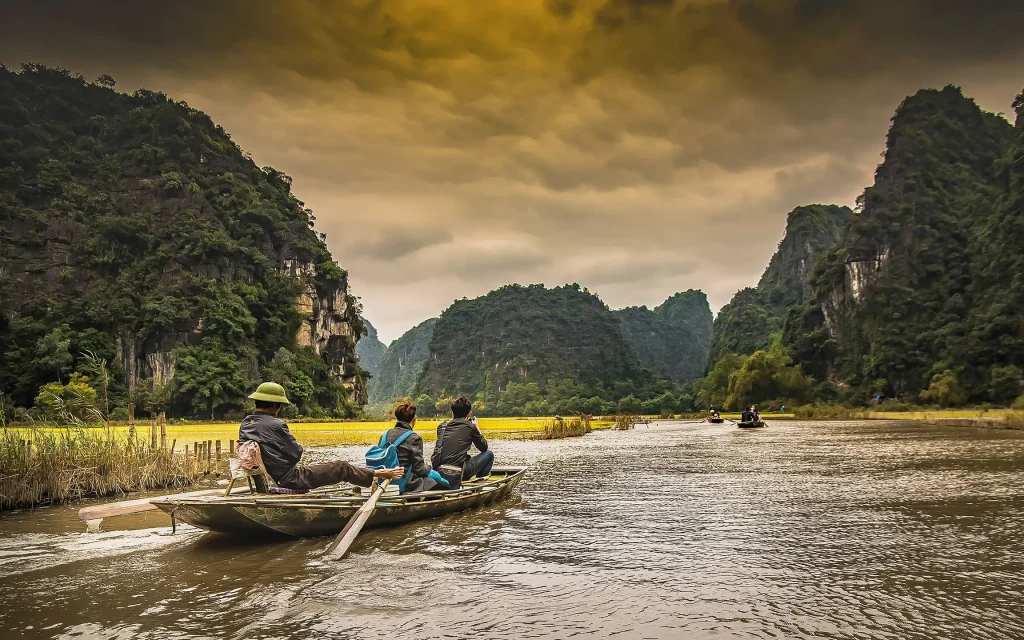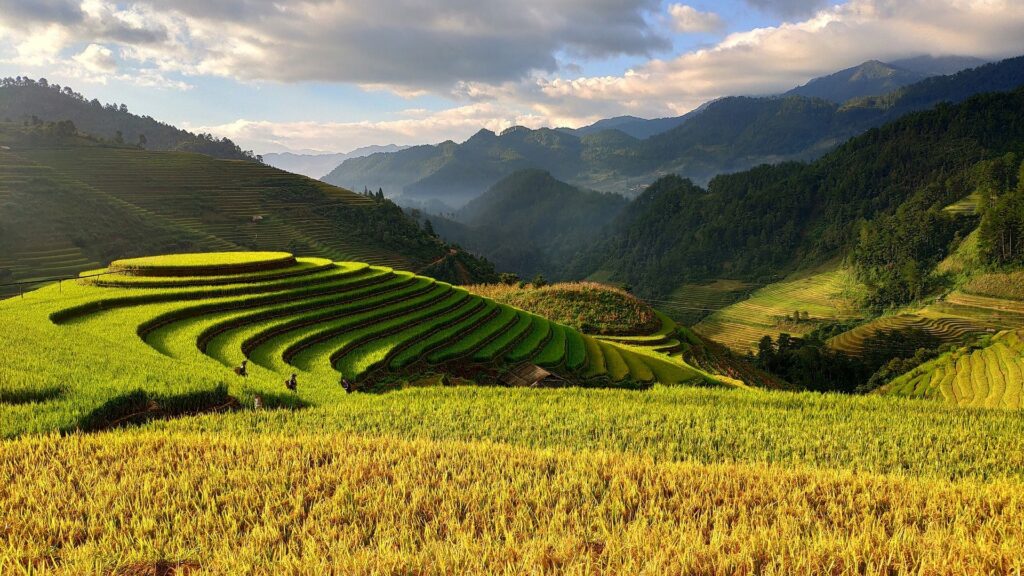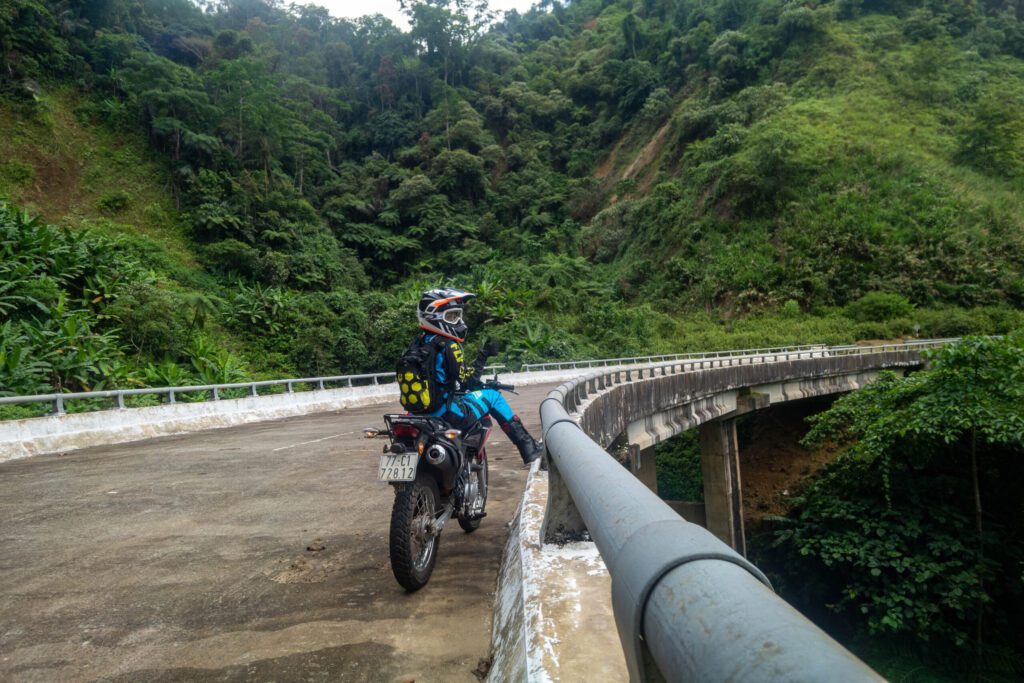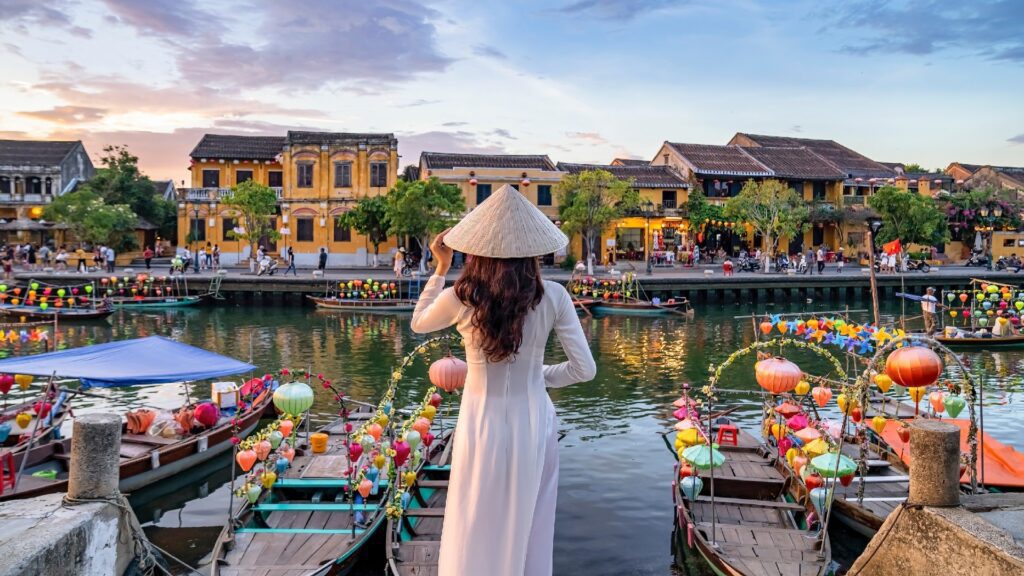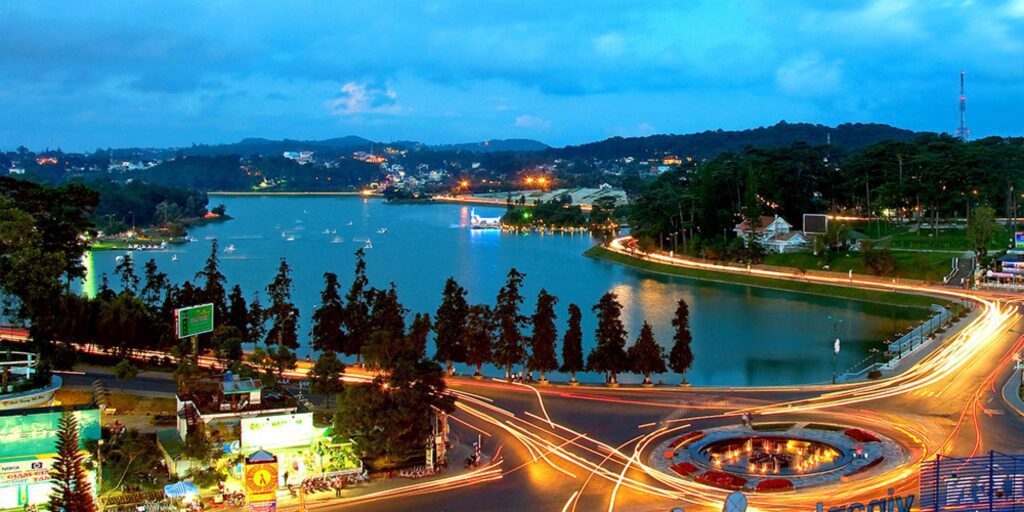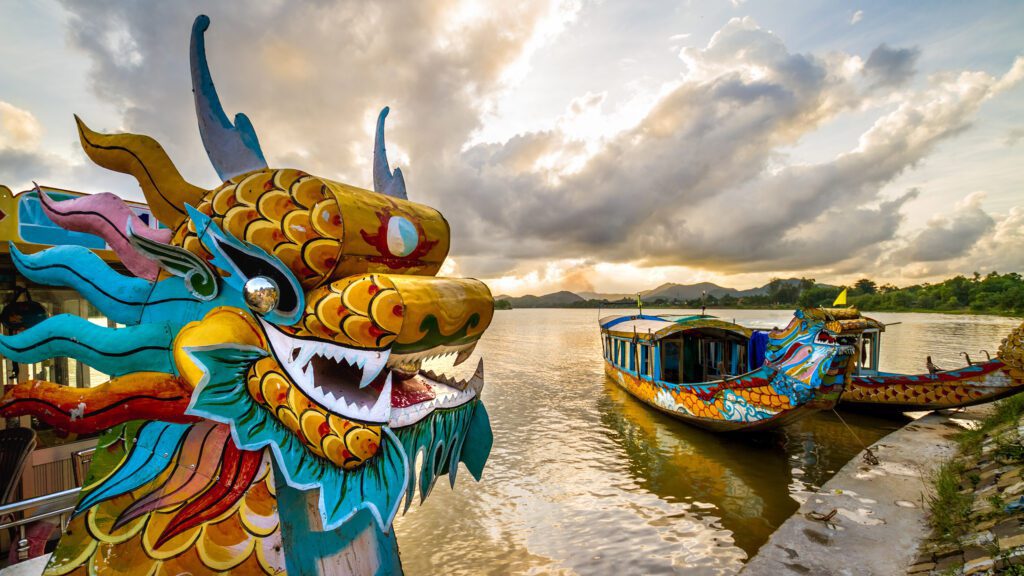Vietnam
Vietnam, located in Southeast Asia, is a stunning and fascinating country that captivates travelers with its breathtaking diversity. From the misty mountains of the north to the lush plains of the Mekong Delta, and from lively cities like Saigon and Hanoi to the emerald waters of Ha Long Bay, dotted with thousands of limestone islands — Vietnam is a land of contrasts and beauty.
Its charm lies not only in its landscapes but also in its culture, rich with colorful festivals, traditional dances, and spiritual rituals that reflect centuries of history.
A true Vietnam Travel Guide reveals a country that can be visited year-round thanks to its varied climate zones. The south experiences hot, dry weather from March to June, a rainy season from July to November, and cooler temperatures from December to February.
The north, by contrast, enjoys four distinct seasons — a cold winter, a warm and rainy summer, and mild spring and autumn months ideal for travel. In April, temperatures in the south can reach 33°C (91°F), while winter evenings drop to a pleasant 20°C (68°F).
Beyond its natural wonders, Vietnam’s cuisine is another highlight—a flavorful blend of herbs, spices, and fresh ingredients that creates unforgettable dishes. From steaming bowls of pho to vibrant street markets and fresh seafood along the coast, every meal tells a story of tradition and creativity. Decades after the war, Vietnam continues to evolve rapidly, blending its rich past with a bright and promising future.
Articles and Guides about Vietnam
Frequently Asked Questions about Vietnam
The best time to visit Vietnam depends on the region. Generally, November to April offers the most pleasant weather, with cooler temperatures in the north and dry conditions in the south.
Vietnam is largely a cash-based country, especially outside big cities. Carry around 1–2 million VND (about $40–80) for daily expenses, and use ATMs or exchange services when needed.
Yes, Vietnamese street food is delicious and usually safe — just make sure it’s freshly cooked and served hot. Stick to busy stalls with lots of locals.
No, tap water is not safe to drink. Always buy bottled or filtered water, which is cheap and widely available.
Yes — a local SIM card is highly recommended for maps and translation. Viettel, Vinaphone, and Mobifone are the most reliable providers with good coverage across the country.
Yes — a local SIM card is highly recommended for maps and translation. Viettel, Vinaphone, and Mobifone are the most reliable providers with good coverage across the country.
Whether you land in Hanoi, Da Nang, or Ho Chi Minh City, pre-booking a KiwiTaxi transfer guarantees comfort and safety after a long flight. Avoid long taxi lines and uncertain prices — your English-speaking driver will meet you at the airport and take you directly to your accommodation at a pre-agreed fare.
Book your Vietnam airport transfer with KiwiTaxi here>>
Yes, it’s highly recommended. Vietnam’s major cities have good hospitals, but in rural areas medical access is limited. Travel insurance ensures you’re protected for medical emergencies, lost belongings, or even canceled flights.
You can secure affordable coverage quickly through VisitorsCoverage — perfect for travelers exploring Vietnam’s beautiful landscapes.
Vietnam - The Short Guide
Vietnam is a captivating country offering a unique and diverse travel experience — from bustling cities like Hanoi and Ho Chi Minh City to the tranquil beauty of Ha Long Bay and the Mekong Delta. All of this comes with affordable prices and a high level of hospitality.
Do I need a visa for Vietnam?
Visa requirements for Vietnam vary depending on your nationality and the purpose of your visit. Many countries offer visa exemptions or electronic visas (e-visas) for short stays.
As of August 15, 2023, citizens of all countries — including Israel — can apply for e-visas to enter Vietnam. These visas are valid for up to 90 days.
To apply for a Vietnam e-visa, you will need:
-
A valid passport with at least six months’ validity from the date of entry.
-
A scanned copy of your passport’s information page.
-
A recent 4×6 cm photo with a white background (no glasses).
-
A valid email address is required to receive the e-visa approval letter.
-
A credit or debit card to pay the visa fee.
Is Vietnam a safe country?
Vietnam is generally considered a safe destination for travelers. However, as in any foreign country, it’s important to stay aware of your surroundings.
Petty theft, such as pickpocketing or bag-snatching, can occur, especially in crowded areas, so keep your valuables secure and remain alert.

Is Vietnam budget-friendly?
Absolutely! Vietnam is known as a budget-friendly destination.
Accommodation, transportation, and food are all very affordable compared to Western countries.
What is the currency in Vietnam?
You’ll feel like a millionaire in Vietnam! The official currency is the Vietnamese Dong (VND).
It’s best to carry a mix of cash and travel cards for convenience. ATMs are widely available in major cities and tourist areas, though locals strongly prefer cash.
Withdraw money at reputable locations, such as banks or hotel ATMs, rather than on side streets.
Currency exchange is available mainly at hotels, and the rates are usually fair.
Weather in Vietnam
Vietnam’s weather varies significantly by region and season.
The country has a tropical climate, with a rainy season from May to October and a dry season from November to April.
Pack light, breathable clothing, a hat, sunglasses, sunscreen, and insect repellent.
During the rainy season, carry a raincoat or umbrella.
Stay hydrated and be mindful of the heat and humidity, especially if you’re not used to tropical weather.
Private Transfers from Vietnam Airports to Your Hotel
Whether you land in Hanoi, Da Nang, or Ho Chi Minh City, pre-booking a KiwiTaxi transfer guarantees comfort and safety after a long flight. Avoid long taxi lines and uncertain prices — your English-speaking driver will meet you at the airport and take you directly to your accommodation at a pre-agreed fare.
Book your Vietnam airport transfer with KiwiTaxi here>>
Electricity in Vietnam
Vietnam operates on a 220-volt supply at 50 Hz.
If your devices use a different voltage, you’ll need a voltage converter or a universal travel adapter to charge safely.
It’s recommended to bring an adapter from home to avoid inconvenience.
Transportation in Vietnam
Taxis are very cheap compared to Western countries.
An express train runs from Hanoi to Ho Chi Minh City, with stops in various cities along the way — a comfortable and affordable option to enjoy Vietnam’s scenery and interact with locals.
You can also rent a motorbike (but read the fine print carefully) or travel by intercity buses, which cover most parts of the country.
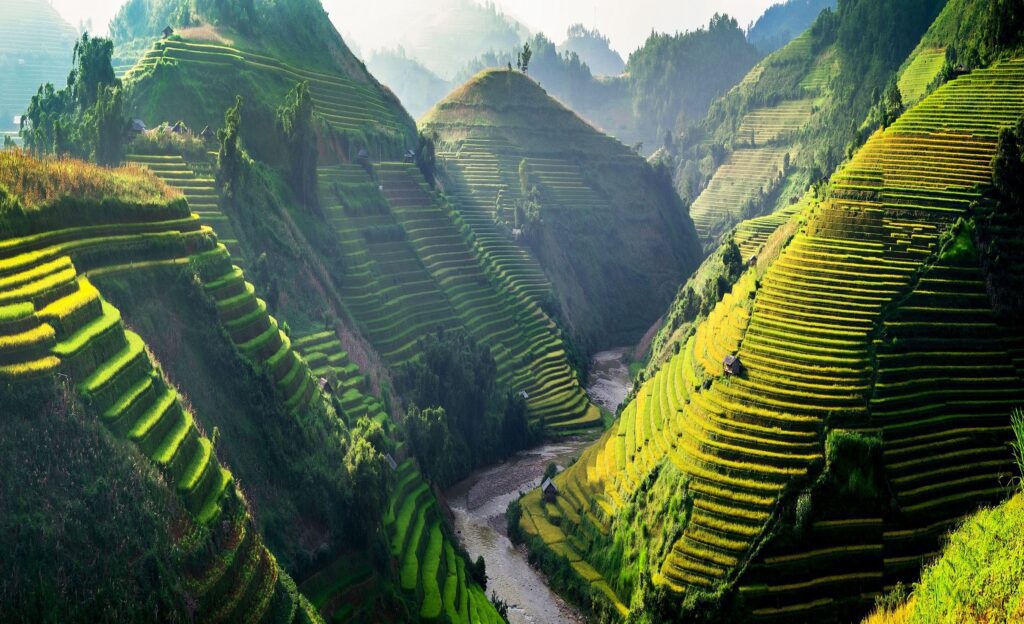
SIM card in Vietnam
A local SIM card is handy for navigation and staying connected.
There are several mobile network providers, and SIM cards can be purchased at airports, stores, or authorized resellers. Be prepared to show your passport for identification when buying one.
Order your Vietnam SIM card here for fast activation and delivery>>
Wi-Fi in Vietnam
Free Wi-Fi is widely available throughout Vietnam — especially in big cities, hotels, cafés, and tourist areas.
However, speed and reliability may vary, so it’s smart to purchase a local SIM with a data plan as a backup for a stable internet connection.
Vietnamese cuisine
Vietnamese cuisine is a delightful fusion of flavors influenced by French and Chinese culinary traditions.
Street food is an essential part of the experience — from the famous Bánh Mì (Vietnamese baguette sandwich) to Phở (noodle soup) and Bánh Xèo (savory pancakes).
Street food in Vietnam is vibrant, flavorful, and very affordable.
Tipping in Vietnam
Tipping is not a traditional custom in Vietnam, but is becoming more common, especially in tourist areas and upscale establishments.
It’s not mandatory, but a small tip (around 5–10%) for excellent service in restaurants or for tour guides is always appreciated.
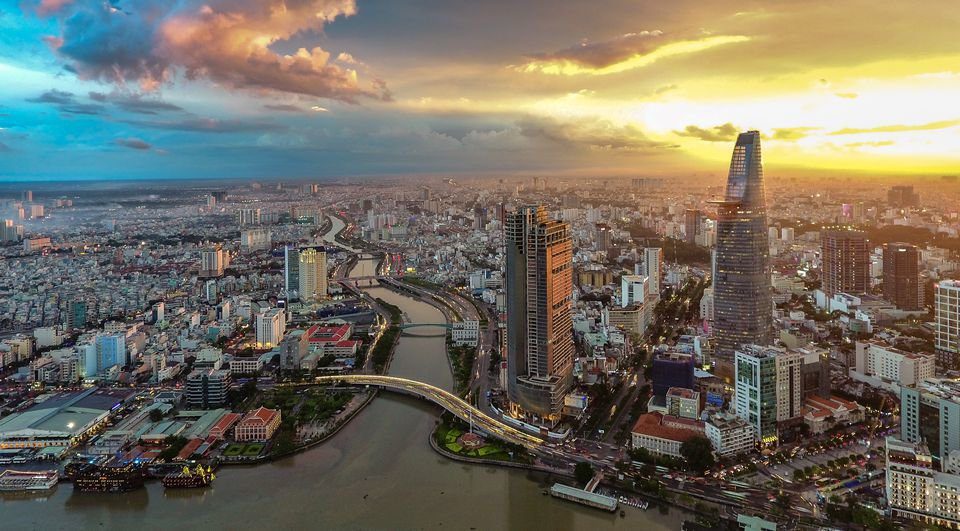
Hanoi – The Timeless Capital
Hanoi, the capital of Vietnam, is a city where the past and present coexist beautifully. Its Old Quarter is a maze of narrow streets filled with street food vendors, ancient temples, and colonial architecture. Visitors can stroll around Hoan Kiem Lake, visit the Temple of Literature, and explore fascinating museums like the Vietnamese Women’s Museum or the Ho Chi Minh Mausoleum. The atmosphere in Hanoi is electric yet deeply traditional — making it a perfect starting point for any Vietnam adventure.
Ho Chi Minh City (Saigon) – The City of Energy and Opportunity
Formerly known as Saigon, Ho Chi Minh City is Vietnam’s economic and cultural powerhouse. With its glittering skyscrapers, bustling markets, and dynamic nightlife, this city never sleeps.
Visit Ben Thanh Market for local crafts and flavors, take a walk along Nguyen Hue Street, or dive into history at the War Remnants Museum and the Cu Chi Tunnels. Despite its modern pace, the city still preserves French colonial landmarks such as the Notre-Dame Cathedral and the Central Post Office, blending old-world elegance with a modern urban rhythm.
Da Nang – The Coastal Gem
Located along the central coast, Da Nang perfectly balances modern development and natural beauty. Known for its long sandy beaches like My Khe and Non Nuoc, it’s also a gateway to the ancient cities of Hoi An and Hue.
Adventure seekers can climb the Marble Mountains or take a trip to the stunning Ba Na Hills, home to the famous Golden Bridge held by giant hands. Da Nang’s clean streets, friendly locals, and excellent seafood restaurants make it one of the most livable and relaxing destinations in Vietnam.
Hoi An – The Ancient Town of Lanterns
A UNESCO World Heritage site, Hoi An is a beautifully preserved town that feels like stepping back in time. Known for its charming yellow buildings, colorful lanterns, and tailor-made fashion shops, Hoi An is a photographer’s dream.
Visitors can explore the Japanese Covered Bridge, take a boat ride along the Thu Bon River, or enjoy a cooking class to learn authentic Vietnamese recipes. In the evenings, the entire town glows with thousands of lanterns reflecting on the water — creating an atmosphere that feels magical.
Hue – The Imperial City
Once the capital of Vietnam during the Nguyen Dynasty, Hue is steeped in royal history. Its centerpiece is the Imperial Citadel, a sprawling complex of palaces, temples, and gardens reminiscent of China’s Forbidden City.
The city also offers peaceful boat rides along the Perfume River, visits to Thien Mu Pagoda, and exploration of the Royal Tombs scattered around the surrounding hills. Hue’s cuisine is famous for its elegance and complexity — don’t miss local specialties like Bun Bo Hue (spicy beef noodle soup).

